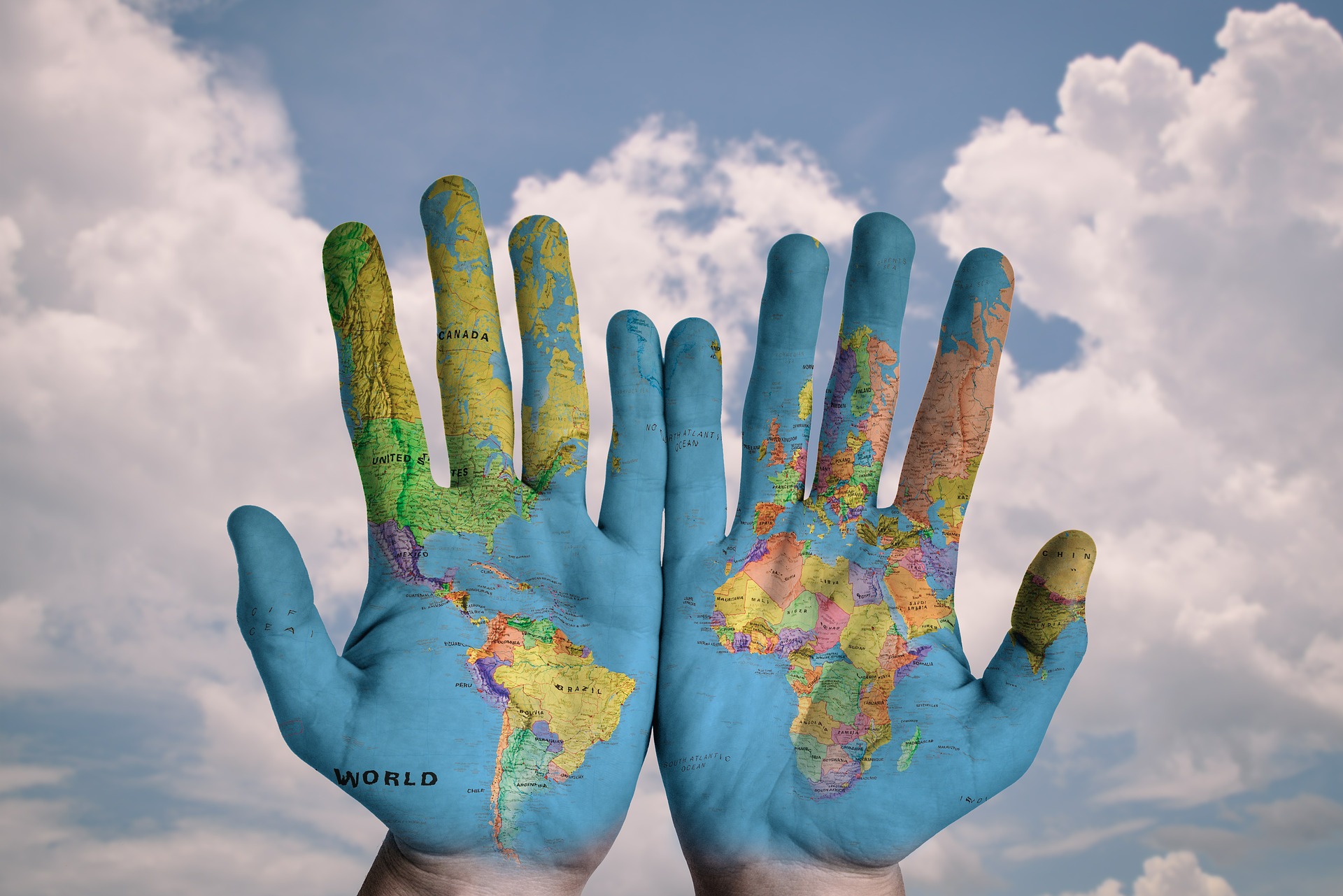Where are you from? Why are you here? What do you do? Speak Dutch yet? Why don’t you work? If your husband’s not Dutch, what are you doing here?
Sound familiar? These are only few of the typical questions I dealt with as a newly arrived to the Netherlands. Have you ever felt that the sole reply of your country of birth (a.k.a. nationality) doesn’t quite fit the whole explanation of where you come from?
Sadly, this was my daily and only interaction with other locals and internationals for the first two years, until I found out how to introduce myself in a way that wouldn’t allow anyone to ask me anything else on the topic.
My approach may be perceived as harsh to the average reader, but it was so much easier than getting into a discussion about my beliefs with regards to a person being much more than the country one comes from.
As social beings, all humans are made up of experiences. Those experiences are rarely determined by country of origin or nationality alone. I recently found an interesting TED talk that helps me better explain what I’m trying to share in this post.
Writer, Taiye Selasi, says: “My experience is where I’m from. All experience is local. All identity is experience”. She goes further and describes how she discovered that cultures really existed, but countries were invented. So she questions herself –and all of us- “how is it possible for a human being to come from such a concept?” Needless to remind you that sometimes countries disappear, but those human beings continue to live and breathe in spite of the no longer existent nationality.
If all experiences are local and my identity is defined by those experiences, then instead of asking me where I’m from to get to know me, ask me where I’m a local.
Ask me about my experiences, my relationships, my rituals and restrictions. Replacing the label of nationality with locality enables us to shift our focus to where life really takes place and where identity gets truly shaped.
Taiye Selasi proposes a 3-step test called 3 R’s to define your locality by taking a close look at your rituals, relationships, and restrictions. You may find it extraordinary to realize you are a local in more than one place, especially when it comes to rituals and relationships.
Rituals are those daily things and practices, also know as habits, that may or may not be related to a specific location. The funny thing is that these rituals you internalize from, say the country you were born in, can make you feel at home whenever you are visiting some other country, assuming they hold similar rituals. So once again, rituals don’t belong to a specific country. Rituals are only experiences.
The second R invites you to identify relationships that shape your days and people who you talk to at least once a week through any available media. I’m not talking about your Facebook friends, for this R represents only those people you have a close relationship with and that somewhat impact and shape your emotional weekly life.
“Both rituals and relationships delimit our locality, but how we live that locality partially depends on our restrictions”, says Selasi. This might be the less romantic of the R’s, for it makes us become aware of the reasons why we are unable to fully ‘feel at home’ in a certain place. Then again, as long as we become aware of an issue, we can set up steps to create change.
Imagine a world in which nobody would ask you where you are from, but where are you a local. When we talk about locality we open the door to share our real identity instead of that one delimited as a result of the ideas and stereotypes in any given country. When we dare to share our humanity we show others a way to do the same, so the next time you meet someone, don’t ask him where he’s from. Ask for his experiences, relationships and rituals instead.
















